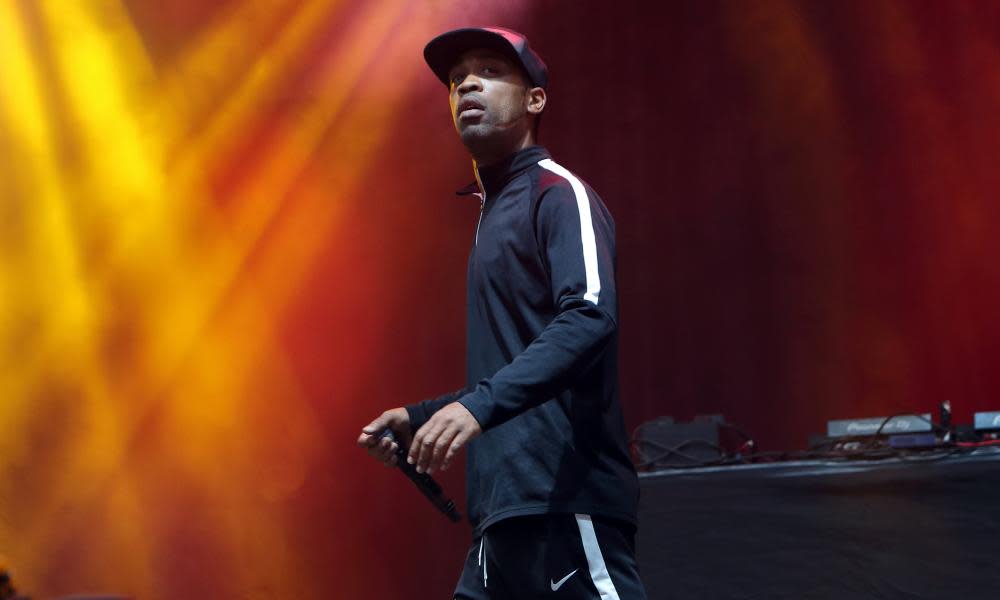Facebook and Instagram ban antisemitic conspiracy theories and blackface

Conspiracy theories about Jewish people “controlling the world” are to be explicitly banned from Facebook and Instagram for the first time, after the company announced an update to its content policies on Tuesday.
The ban on “certain kinds of implicit hate speech” would also include content depicting blackface, Facebook’s vice-president of integrity, Guy Rosen, said.
Facebook and Instagram already bar users from posting hate speech, broadly defined as “a direct attack on people based on what we call protected characteristics”, such as race, sexual orientation, or gender identity.
But the company also maintains a more narrowly defined list of “tiers” of hate speech, ranging from tier 1 (such as “content targeting a person on the basis of their aforementioned protected characteristic with dehumanising speech or imagery in the form of comparisons to insects”) to tier 3 (which includes “content targeting a person on the basis of their protected characteristic with calls for segregation”.)
Blackface and antisemitic conspiracy theories fall into those more strictly defined categories of hate speech, although Facebook has not yet updated the published guidelines to include those offences.
The failure explicitly to count antisemitic conspiracy theories as a form of hate speech was highlighted in July, when Wiley, the British rapper and DJ, posted a series of antisemitic comments on his Instagram account, after a similar rant on Twitter. The posts, which were widely condemned, initially led to a seven-day suspension from Instagram, with his account being fully deleted only five days later.
The delay prompted the home secretary, Priti Patel, to intervene, saying: “Social media companies must act much faster to remove such appalling hatred from their platforms.”
As well as the new rules, Facebook has committed for the first time to an external audit of its moderation reports, beginning in 2021. Vishwanath Sarang, a technical program manager at the company, said: “No company should grade its own homework and the credibility of our systems should be earned, not assumed. We believe independent audits and assessments are crucial to hold us accountable and help us do better.
“Measuring and reporting out these numbers on a regular basis, with the same frequency as we report our earnings and business results, is important. It lets others see how we’re doing and hold us accountable – and it helps us measure progress and spot places where we’re not doing enough.”

 Yahoo News
Yahoo News 
